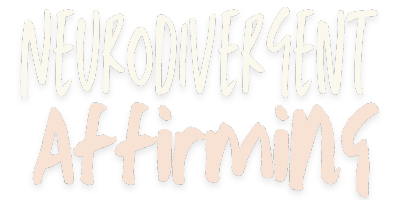Neurodivergent-Affirming
ADHD Therapy
Executive Functioning Support. Focus Tools. Empowering Professionals.
ADHD Therapy in North Carolina & Florida | Neurodivergent-Affirming Treatment for Adults
You’re not lazy or unmotivated—ADHD just makes things harder than they need to be.
One minute you're on a roll, the next you're drowning in emails and stress.
Balancing work, relationships, and life can be exhausting.
ADHD therapy in Wilmington NC doesn't have to be overwhelming.
- You’re trying your best, but anxiety and negative self-talk make it so tough.
-
It feels like you’re constantly balancing work, relationships, and everything in between—and it’s exhausting.
Do you ever feel like your coworkers just don't "get" you?
Do you have lots ideas but don't know where to start?
Do boring tasks feel impossible? - Do any of these sound familiar?
- Why can't I just focus?
- Can I actually handle this job?
- Why am I overwhelmed all the time?
- Am I good enough?
Do you feel worn out trying to balance work, life, and relationships?
Balancing your career and relationships with ADHD and anxiety can feel exhausting. But what if things could be different?
Imagine going into work and:- Speaking to yourself with kindness
- Keeping anxiety in check
- Managing your hyperfocus (instead of it managing you)
Ready to transform your workday?
This is where I come in.
As a neurodivergent-affirming therapist, I’m here to offer real solutions—not just the usual “use a planner” advice.
My approach empowers you through individualized therapy using techniques like DBT, mindfulness, IFS, and EMDR to address your specific challenges in a way that makes sense for your brain.
One of my favorite aspects of being a therapist is working with folks with ADHD, and holding space for them to unlearn decades of negative self-talk and develop techniques that actually work for them.
What You Can Expect From Neurodivergent Affirming ADHD Therapy in Wilmington NC:
- Embracing Neurodiversity: Instead of trying to “fit in,” we’ll focus on tools and self-compassion, so you feel proud of yourself.
- Practical Skills: Think: time management, organizing tasks, impulse control skills
- Emotional Regulation: Learn how to handle those intense emotions like frustration or overwhelm without feeling out of control.
- Improving Relationships: Understand your triggers and build stronger, healthier connections in both your professional and personal life.
- Managing Work or School: Develop tools to improve focus, keep up with tasks, and manage your workload without feeling overwhelmed.
- Joy and Passion Projects: Rediscover hobbies and outlets that fill your creative side.
- Healing Trauma: We’ll process past experiences of feeling misunderstood, helping you build resilience.
You deserve to feel empowered-not exhausted- by your life.
Therapy can help you get there.
Common Questions About ADHD Therapy in Wilmington NC
What is ADHD Therapy?
ADHD therapy with me is a personalized approach. For some, it looks like learning time management and organizational skills. For others, it involves exploring self-beliefs and rejection sensitivity. Each person’s experience is unique. Offering ADHD therapy in Wilmington NC and throughout North Carolina
What if I Think I Have ADHD but Haven’t Been Diagnosed?
It’s normal to have questions about your mental health. In our sessions, we’ll explore your experiences together. If ADHD seems like a possibility, I can guide you to resources for a formal diagnosis if you choose to pursue one. A diagnosis is not required to begin therapy.
How Long Does It Take to See Progress?
Progress in therapy isn’t always linear. Some clients notice improvements early, while others take longer. Most start to experience shifts in perspective and behavior within a few weeks to a few months of consistent therapy.
Will I Need to Take Medication?
No, medication isn’t required. While it can be part of an ADHD treatment plan, there are many ways to manage symptoms through therapy, lifestyle changes, and behavioral strategies.
I’m Overwhelmed and Don’t Know Where to Start. What Should I Do?
Feeling overwhelmed is a normal reaction, especially when considering therapy. The hardest part—seeking help—has already been done. In our sessions, we’ll start by understanding your unique experiences and take things at your pace.

Living with ADHD doesn't have to suck.
Get support now. Whatya waiting for?




